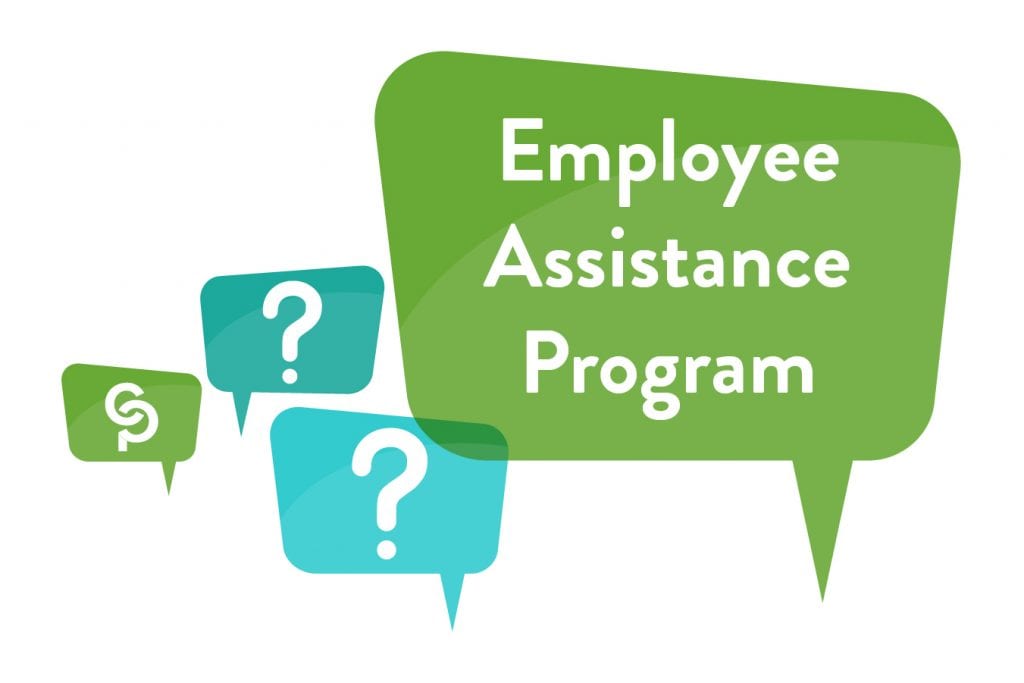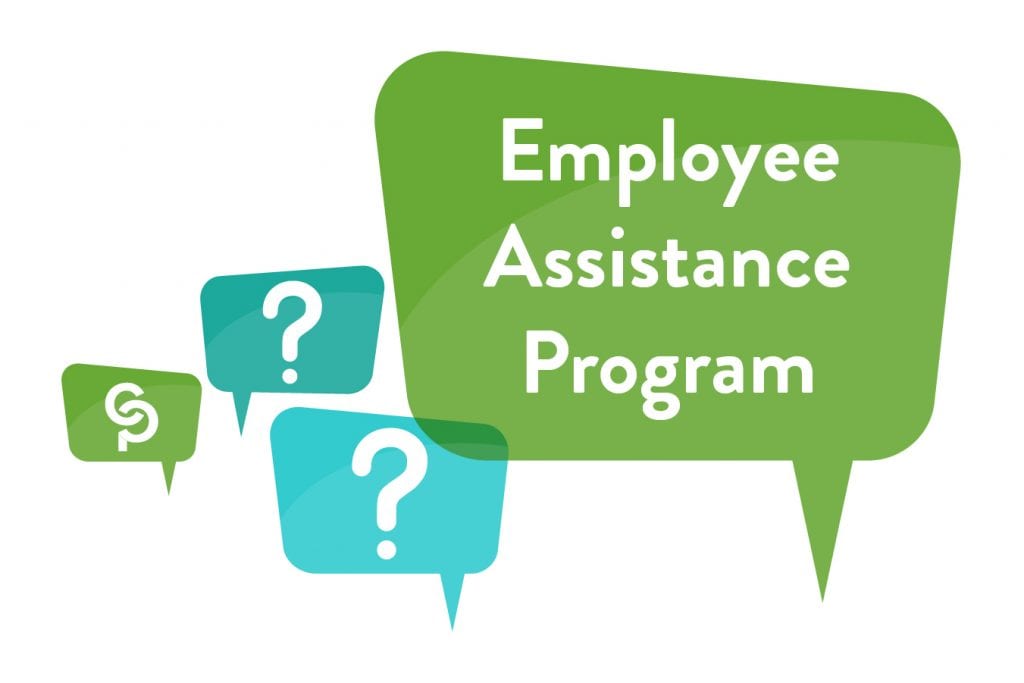
Employee assistance programs provide free resources — such as confidential assessments, counseling, referrals to specialized professionals and follow-up services — to employees grappling with personal and work challenges. EAPs are voluntary for private sector employers, meaning they can choose whether to provide them.
Employers who choose to offer an EAP may be able to mandate that employees use the program.
According to Employee Business Solutions Inc., “There is no federal law that prohibits an employer from requiring an employee to use an employee assistance program.” Further, the Society for Human Resource Management states that EAP referral is normally “a matter of agreement between the employer and the employee.”
Management can typically require an employee to use the EAP if it discovers that the employee has an issue that is adversely affecting job performance. These types of EAP referrals are mandatory and are usually made in extreme cases, such as when an employee issues threats or experiences suicidal thoughts or workplace violence.
In less severe circumstances, management can recommend EAP use. These referrals are normally made when there are performance problems, or when an employee tells a supervisor of trouble coping with personal issues.
Employers should be careful about mandating EAP use, as it may have implications under the Americans with Disabilities Act.
The ADA prohibits discrimination against employees who have a disability or are perceived (or treated) as having a disability. According to SHRM, taking certain actions against employees, such as discharging them because they reject an EAP referral, could lead to a discrimination claim based on perceived disability.
In an informal discussion letter, the Equal Employment Opportunity Commission states that the mere referral to an EAP, by itself, is likely not enough to establish that the employer treated the employee as having a disability. Further, simply referring an employee to an EAP probably would not amount to treating the employee as having a disability if the employer “routinely referred people to EAP for reasons unrelated to impairments (such as grief or marriage counseling).”
However, an EAP referral plus other relevant evidence may be enough to conclude that the employer treated the employee as having a disability.
Employers also cannot treat disabled employees less favorably than they treat nondisabled employees in similar situations. SHRM gives the following example:
“An employer may refer a group of co-workers who are having problems getting along at work for assistance with interpersonal skills; however, the employer should not single out an individual for such referral because he or she has or is perceived as having a disability that is interfering with his or her ability to get along with co-workers.”
In addition, employers should pause before demanding an employee receive psychological counseling in order to keep his or her job. Federal courts have ruled that making this a requirement may constitute a violation of the ADA.
Studies show that 85% of people who work for businesses with 500 or more employees have access to an EAP, while 27% of those who work for businesses with fewer than 50 employees have access to the benefit. However, utilization rates in North America hover around 7%. While underutilization may tempt employers to make EAP use mandatory, they should consider potential liabilities before making that decision.
Copyright 2019









